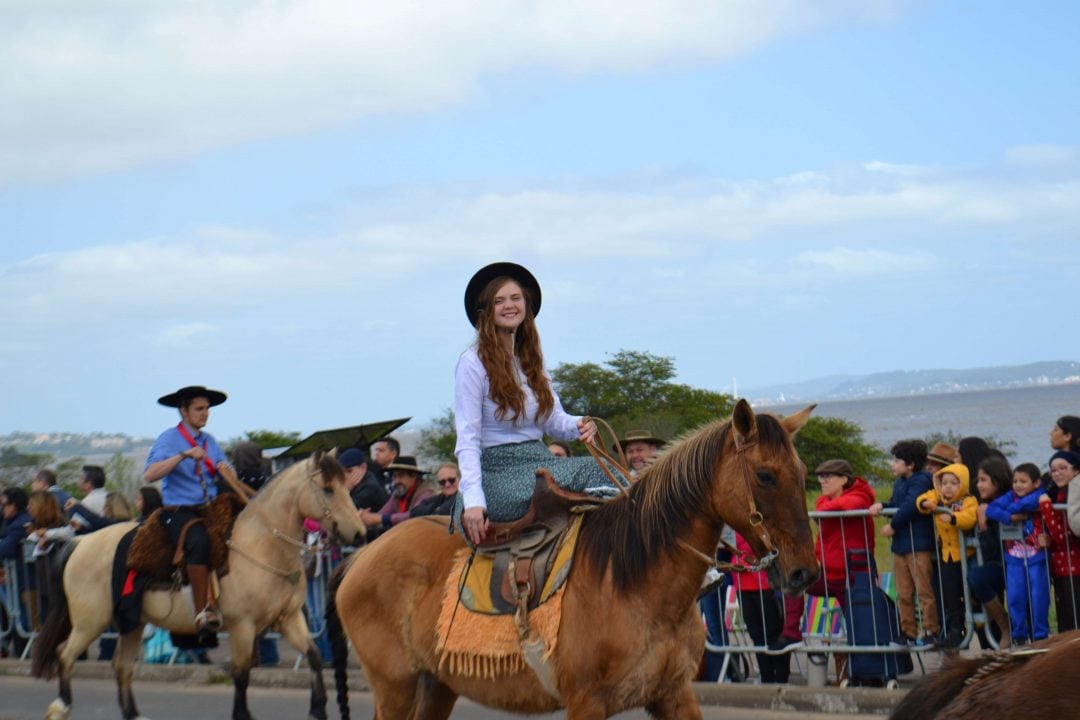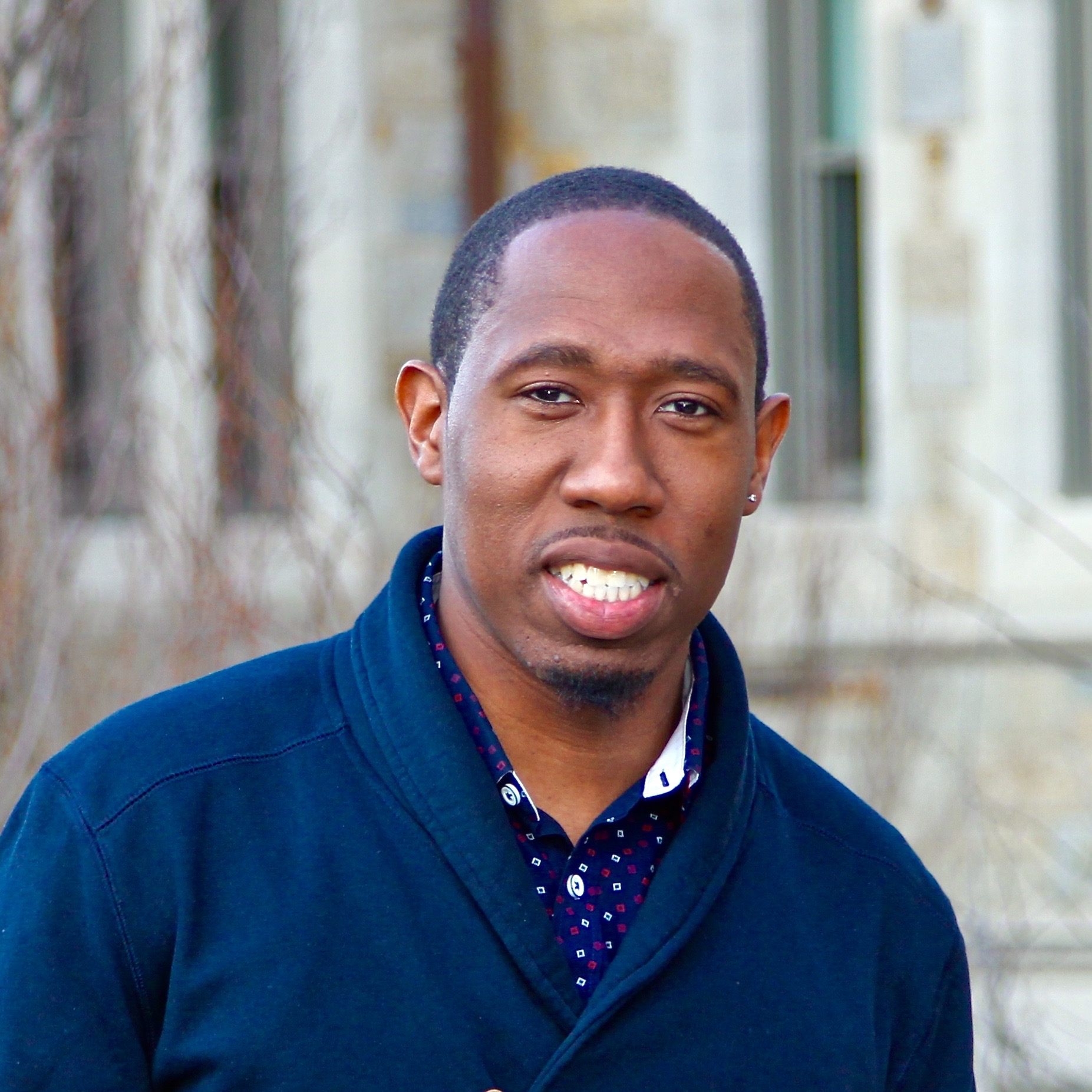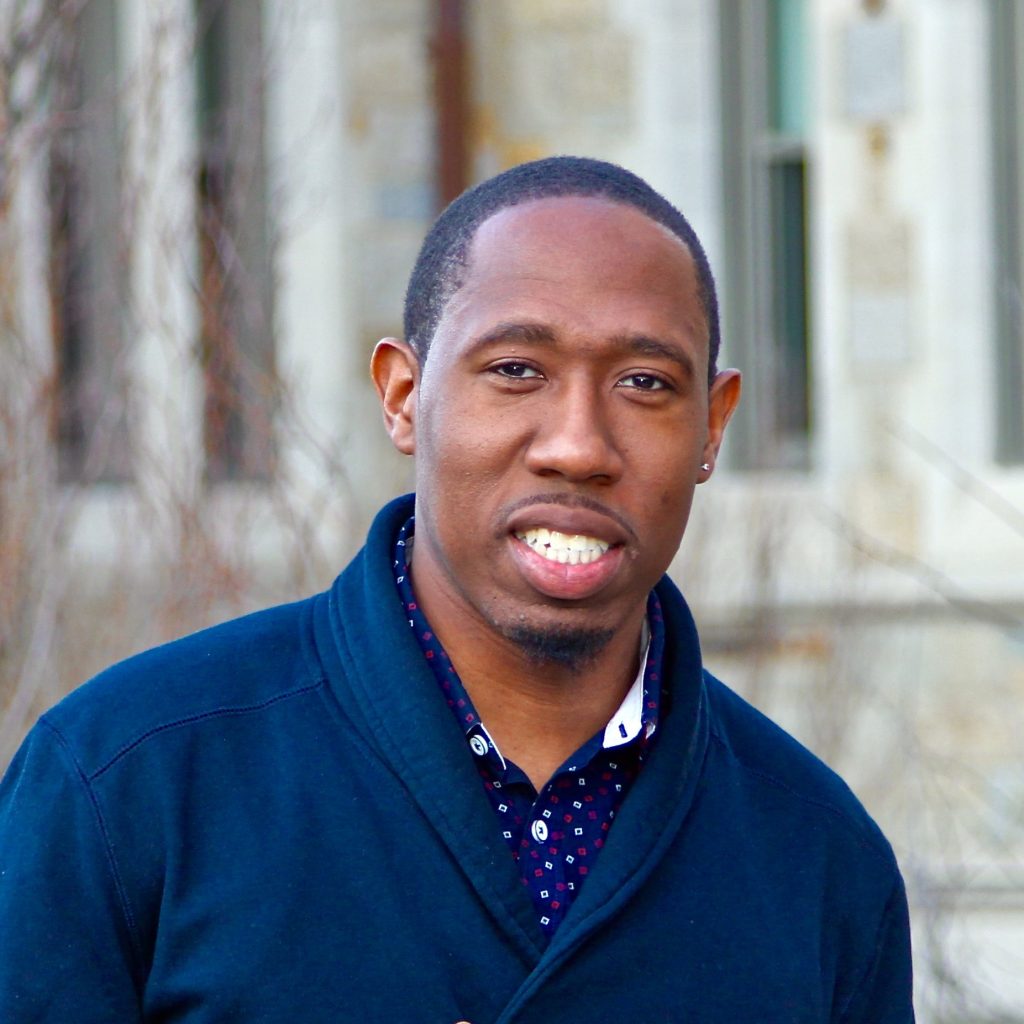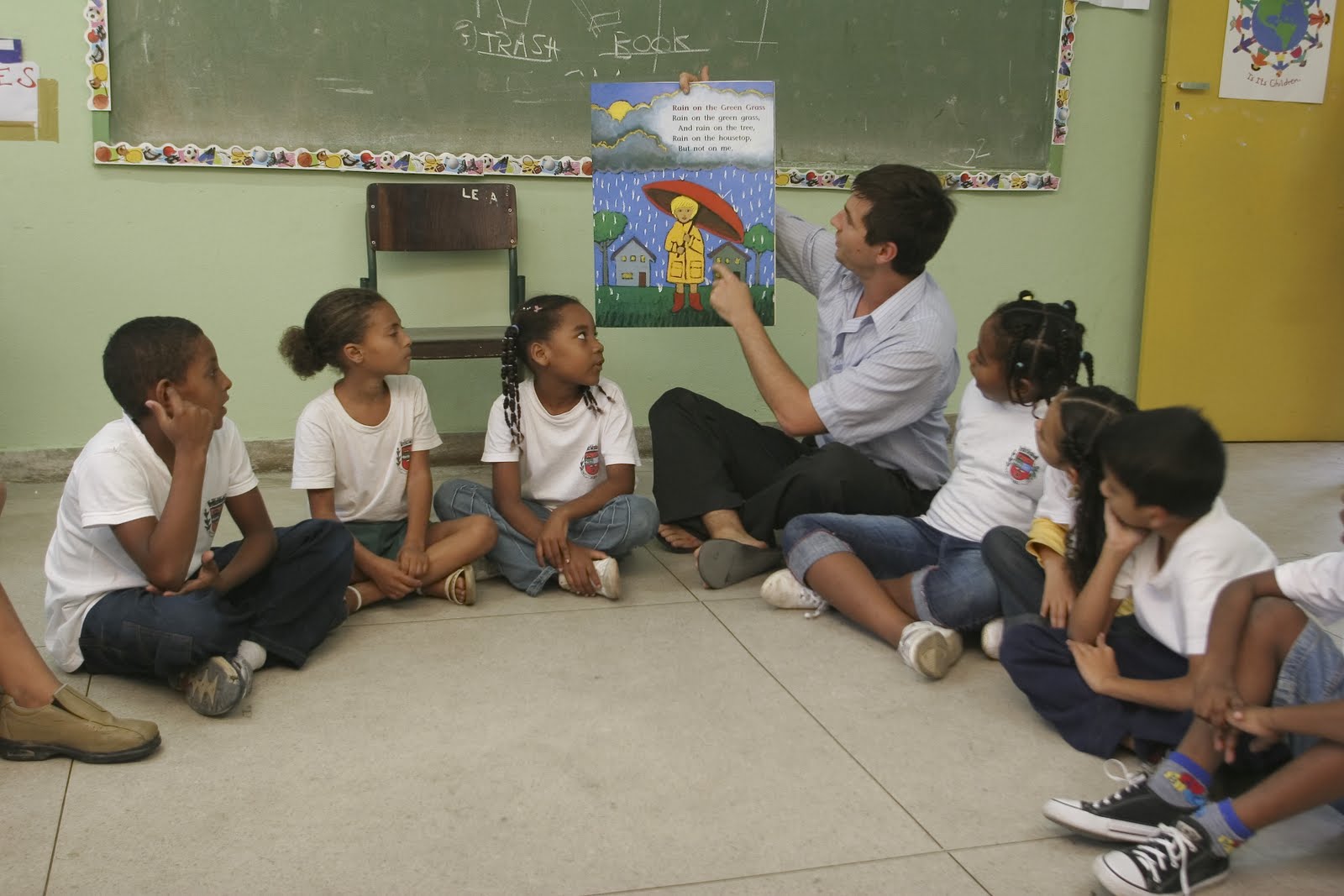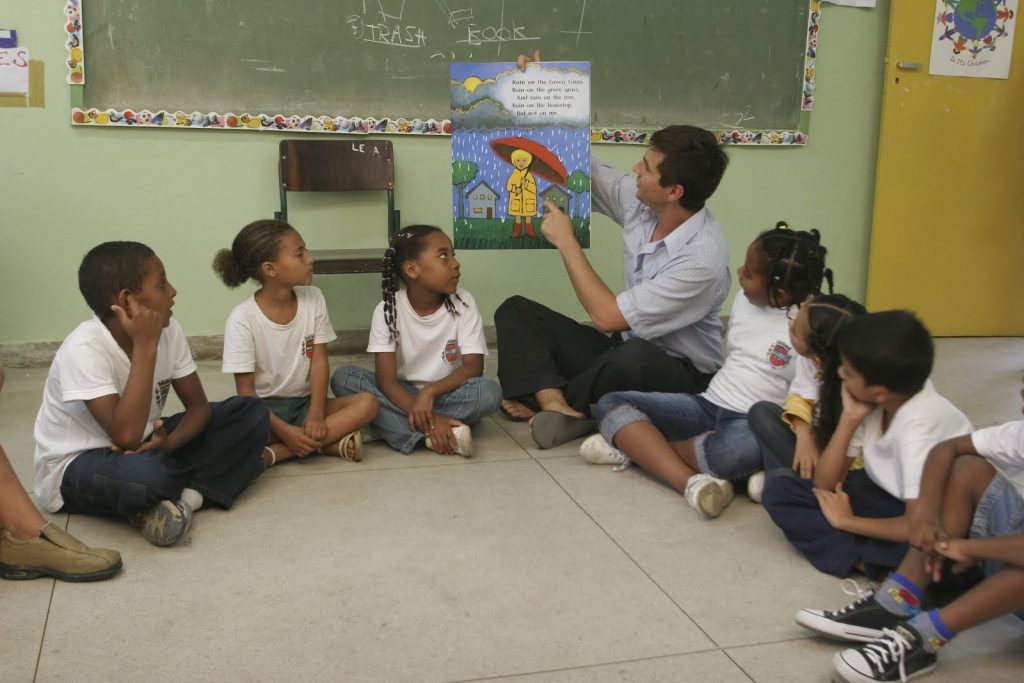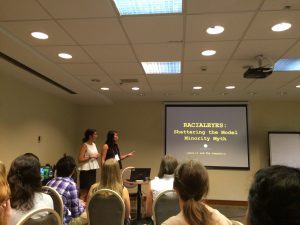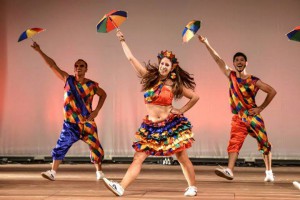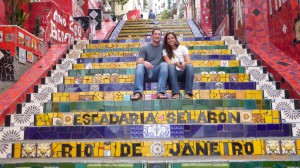By Lindsey Liles, Fulbright English Teaching Assistant to Brazil
It’s nowhere near dawn, but Karina and I are already awake and dressed, standing outside the barn, laying out the traditional Gaucho tack we will use to saddle the horses. Karina’s horse, Cavalo de Fogo, pricks his ears and shifts his weight, sensing our excitement and no doubt wondering why he’s being fed his breakfast at three in the morning.
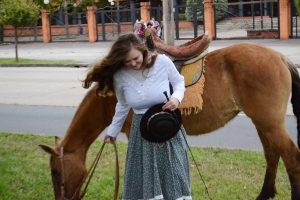
It’s the 21st of September, a special day in Porto Alegre, Brazil. For the whole month, Gauchos come from all over the state of Rio Grande do Sul to celebrate Semana Farroupilha, an event which commemorates the Farroupilha Revolution in 1835 and is a tribute to Gaucho culture and traditions. The Gauchos set up a temporary camp made of piquetes–open wooden structures that look like barns–and stay there for the month drinking chimarrao tea, grilling traditional Brazilian churrasco barbeque, and riding horses. The celebration culminates on the 21st, with a parade of hundreds of Gauchos in traditional dress through the city center. Through a little luck and a lot of work learning to ride sidesaddle over the past few months, I will be riding with them in the parade.
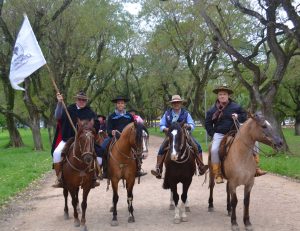
I am a Fulbright English Teaching Assistant here in Brazil, and signed up on a whim for a horseback ride with a local woman named Karina. Since that first ride, I have learned to ride with a traditional Gaucho saddle, bareback, and sidesaddle; joined a women’s Gaucha riding group; and made many friends in the Gaucho community. What started as a one-time activity has become a long-term project that has allowed me to study Gaucho culture while learning to ride among these traditional South American cowboys.
We arrive at another farm outside the city at 5:00 AM, and load the horses on a truck that will take them into the city center, and the parade. At the farm, it’s organized chaos–20 or so horses are tied out front and bundles of tack are everywhere. The other 18 riders in our group are all arriving too, dressed in bombachas, the wide billowing pants tucked into soft leather riding boots, crisp shirts, and the trademark wide and flat Gaucho hat.
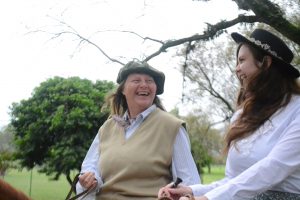
Karina and I make small talk and check our horses. The horse I will ride, Helena, is a little restless. I give her a treat from the stash I brought along; I have learned the hard way that it’s in my best interest to keep her happy. I meet some of the other riders for the first time. “An American, riding with us!” they exclaim, and I explain that all I know of Gauchos, horses, and riding I know from my time here, and that it is an honor for me to ride among them. They welcome me with all the kindness and authenticity that I have experienced so many times since arriving in Brazil.
Once we arrive at the grounds of the parade, it’s time to saddle up. I carefully put on the riding skirt that Karina has lent me–her mother hand-sewed it for her 30 years ago, and it is meant to be ridden sidesaddle. Karina gives me a leg up, and I situate my right leg over the horn that secures a sidesaddle rider and let my left leg rest lightly on the stirrup. The idea is to look dainty and effortless; the reality is to hang on for dear life with the right leg hidden under the skirt. Karina arranges the folds of blue fabric so they sweep elegantly across Helena’s side. She looks at us, probably recalling the hours she spent teaching Helena and I to work together to keep me balanced in the saddle, and smiles. “Perfeito,” she pronounces, and I’m not sure if she is prouder of me or Helena. She mounts Cavalo de Fogo, and we are off.
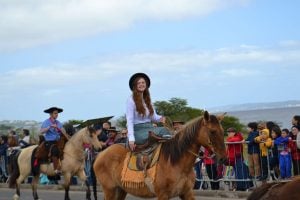
As I ride Helena down the streets of Porto Alegre, surrounded by my Gaucho group and with Karina in front of me, I can’t help but think that more than anything, this is the heart of the Fulbright Program–finding common threads with people across cultures, languages, and ways of life. In my case, I share with the Gauchos the love of a gallop down a dirt road, a passed cup of chimarrao, and the open spaces of the countryside. The parade winds down past Guaiba Lake and towards the city center, and I look at the smiling faces of the people watching. I realize suddenly that they don’t know I am not Brazilian, and that it doesn’t matter. Today is about honoring Gaucho culture and celebrating a love of horses and a way of life that I have been fortunate enough to experience.

